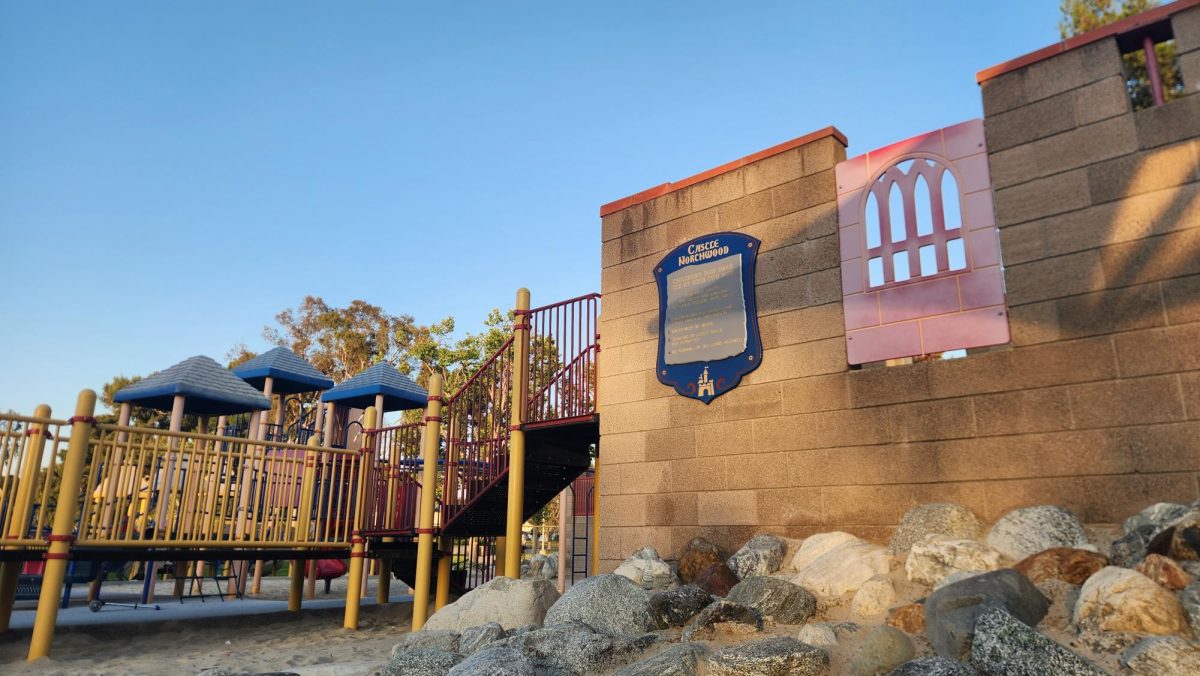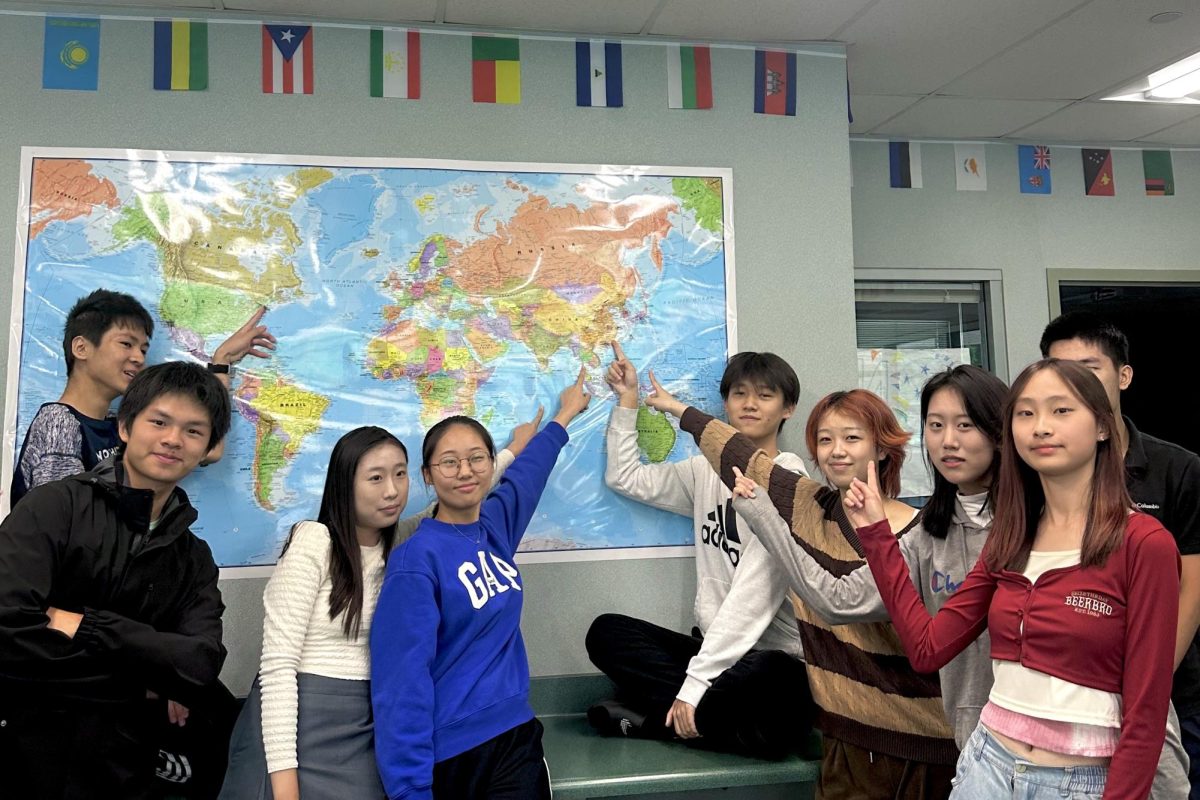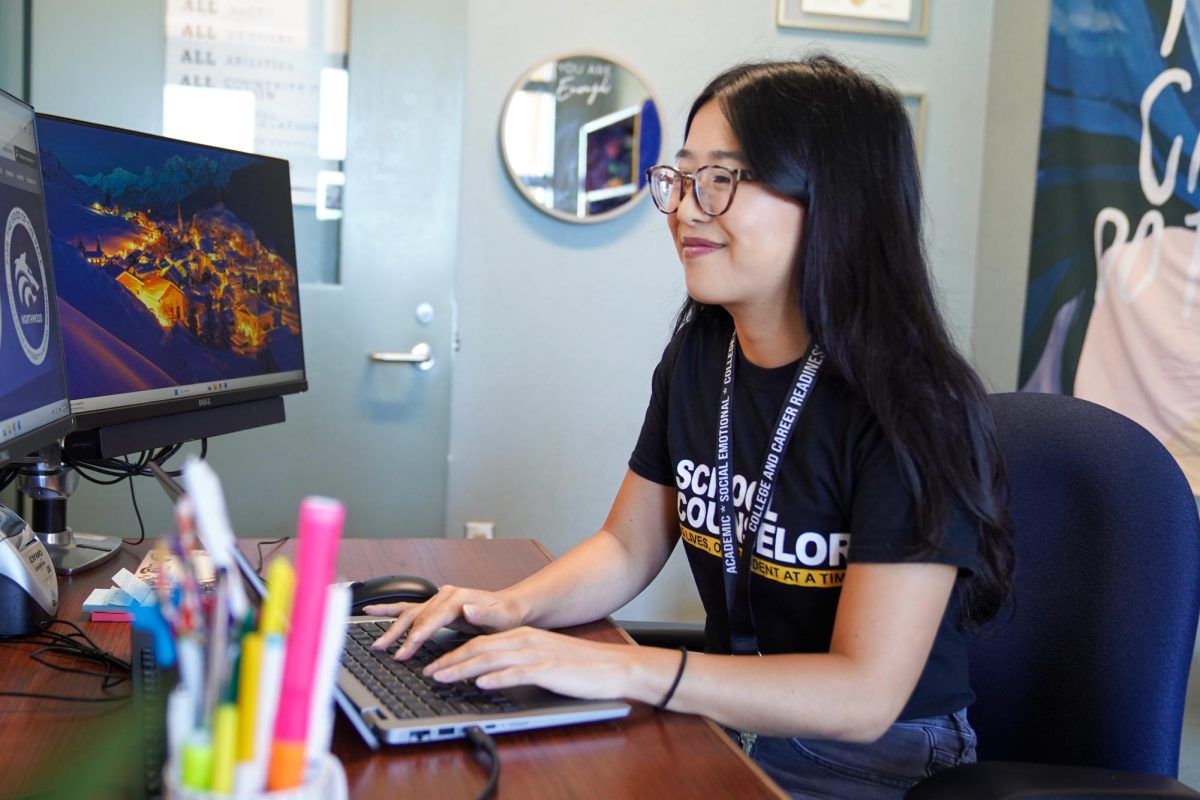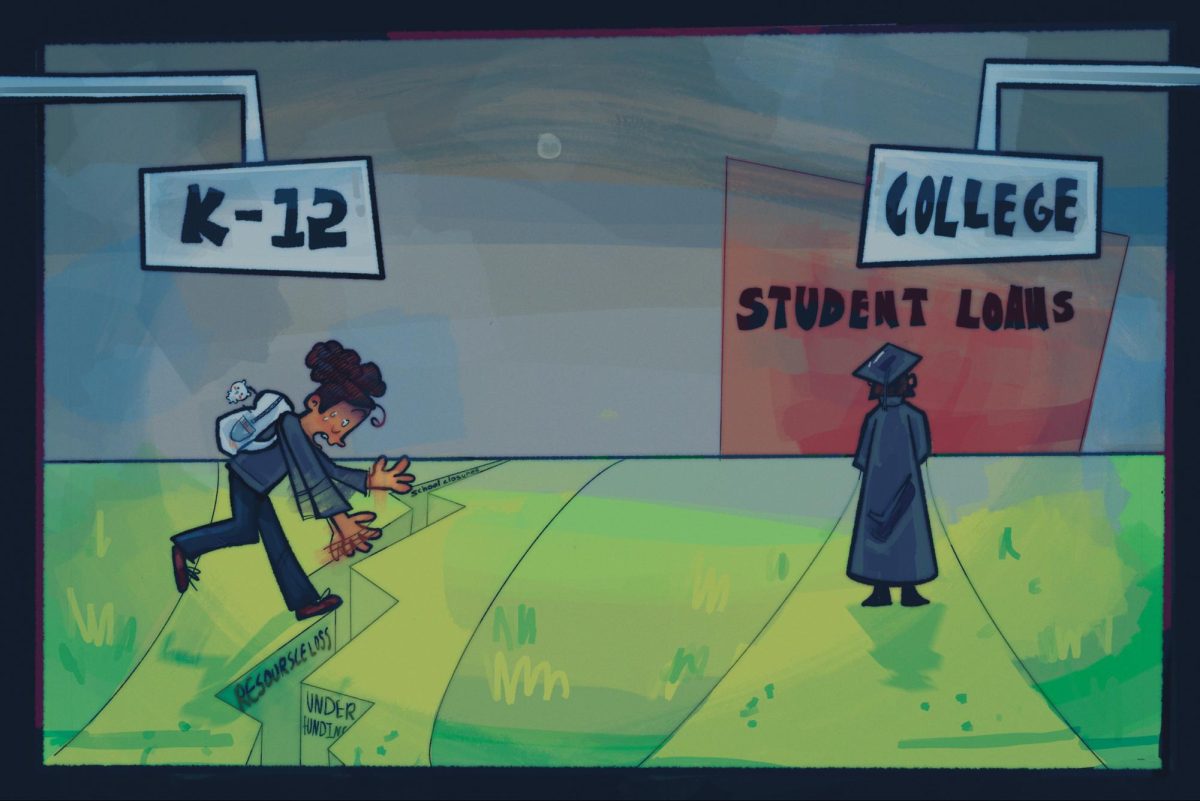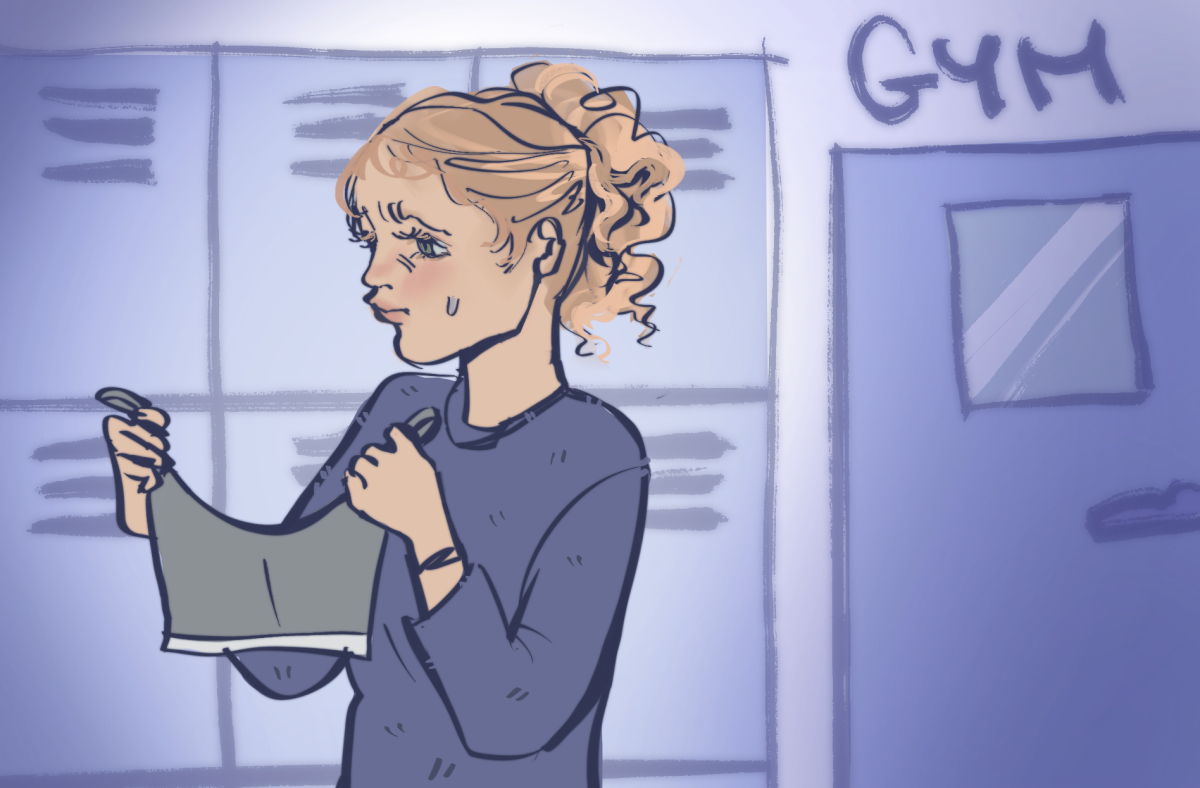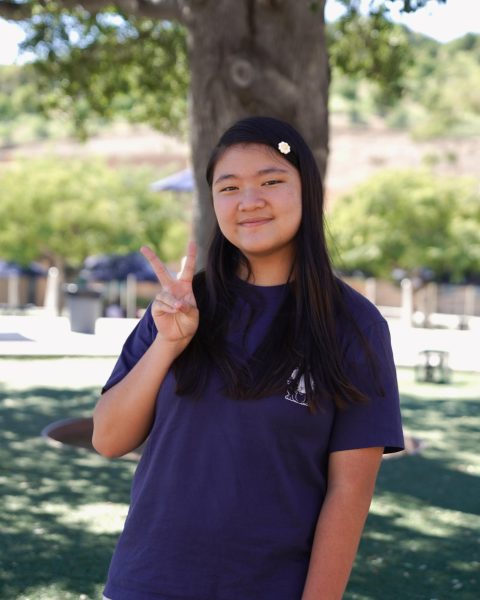Always seen in his familiar button-down shirt and a perpetually gelled side part, instrumental music director Cole Quizon is never without a rotation of coffee cups in between rehearsals, breaks and concerts. His bouncy conducting style has translated into an energetic personality within the classroom, where, now in his second year, he brings lessons learned from California State University Fullerton with immeasurable excitement.
Alvin Chung: How do you think your experiences at Cal State Fullerton influenced you as a music educator?
Cole Quizon: I learned a lot about what it takes to be a musician, a lot of personal responsibility and discipline as well as inspiration and being around people that are really passionate about what they do.
AC: Do you think anything you learned in CSUF could be applied to here in Northwood?
CQ: I learned from my professor, Dr. Whitmore, that music education is only partly about music. Music is the medium, but each individual student needs something different. No matter how prepared I am, I will never know exactly what any student needs until I get to know them. And so I learned a lot about what it means to truly connect with students.
AC: If you could define your teaching philosophy in a single sentence, what would that sentence be?
CQ: That’s a very difficult question to answer. I would say, my focus in music education is developing student emotional and social health through music, that will then develop their social and emotional health in their life.
AC: You’re also an advocate for musical extracurricular opportunities like All-State or All-Southern. What do you find valuable about them?
CQ: The best thing about them is that it allows students to get out of their comfort zone while in their comfort zone. If you want to go make music, that’s great, but you’re also going to make new friends.
AC: What do you think your focus is for Northwood particularly?
CQ: I firmly believe that music is a powerful thing that can change lives. Every day I get up there and I try to change a life by helping somebody realizing that their voice has meaning.
AC: That takes resources, though. If you had unlimited funds, what would your first priority for Northwood be?
CQ: No matter how nice the facility is, if you’ve got two teachers and 220 kids, there’s no way that I’m ever going to be able to talk to each person individually, you know? So I would increase that ratio to make sure that each student is getting a personal experience.
AC: When you’re looking back 20 or 30 years in the future, what do you hope Northwood will look like then?
CQ: I hope it looks radically different because each individual student is radically different. Honestly, I hope that I have no idea what it’s gonna look like. I don’t even know what it’s gonna look like next year, much less 20 years from now. I say that intentionally because I have general ideas of what I think could happen, but each student is different. Rather than trying to make plans for things that haven’t happened yet, I hope to just get excited about the people being born right now that may one day be in my classroom.









